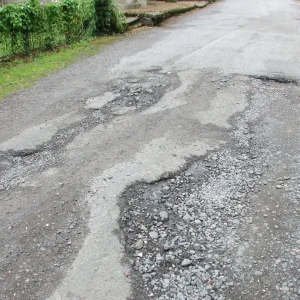Massive car tax increases, annual fuel duty increases, slashed and rigorously enforced motorway speed limits and no further road building are among the suggestions of a new Government committee report aimed at addressing climate change and in particular CO2 emissions.
The House of Commons Environmental Audit Committee has slammed transport for being the only sector to increase carbon emissions between 1990 and 2004, calling for the DfT to accelerate its efforts accordingly. Its chief recommendation is a massive increase in Vehicle Excise Duty bands, building on the bandings announced by the Chancellor in the latest budget. But instead of the £215 maximum, the committee wants a £1800 annual charge for a tax disc, and called for the DfT to publish a calculation of the potential carbon savings if the graded six bands increased in £300 intervals from £0 to £1800.
More of a worry to high mileage fleet drivers themselves will be the recommendation of a strictly-enforced cut in the motorway limit to 60mph on eco grounds. “We understand the Government’s reluctance to lower the motorway speed limit, or rigorously enforce the current 70mph limit, given the likely public controversy,” said the report. It also added: “Proper enforcement of the legal limit would be a trivial incursion on personal liberty.” The report claimed the Government was discussing including cutting the motorway limit to 60mph in its 2006 Climate Change Programme, but said it was dropped amid “a fear of popular antagonism”.
Related to the speed limit cut, the committee wants the forthcoming national road toll system, due in the next decade, to be one that can “cost-effectively aid enforcement” of limits.
Despite the rapid increases in fuel prices, the Audit Committee wanted an all-party consensus on annual fuel duty prices rises, given what it describes as the transport sector’s “seemingly intractable problems of emissions growth”. Road transport contributed 28 million tonnes of carbon in 1985, which had risen to 38MtC in 2000. Projections have the levels at 42MtC by 2015 and 49MtC in 2030. There is a ray of light on fuel prices though, with the report questioning the absence of direct financial incentives for diesel over petrol, though it acknowledges diesel’s increased local air pollution.
Other key elements of the 66-point conclusion include the call for more stringent criteria to be applied to the decision process for new roads, amid claims that new roads lead to more traffic.
Both ACFO and the BVRLA have responded by demanding that any changes to VED be introduced on new vehicles only, instead of retrospectively punishing existing owners.





